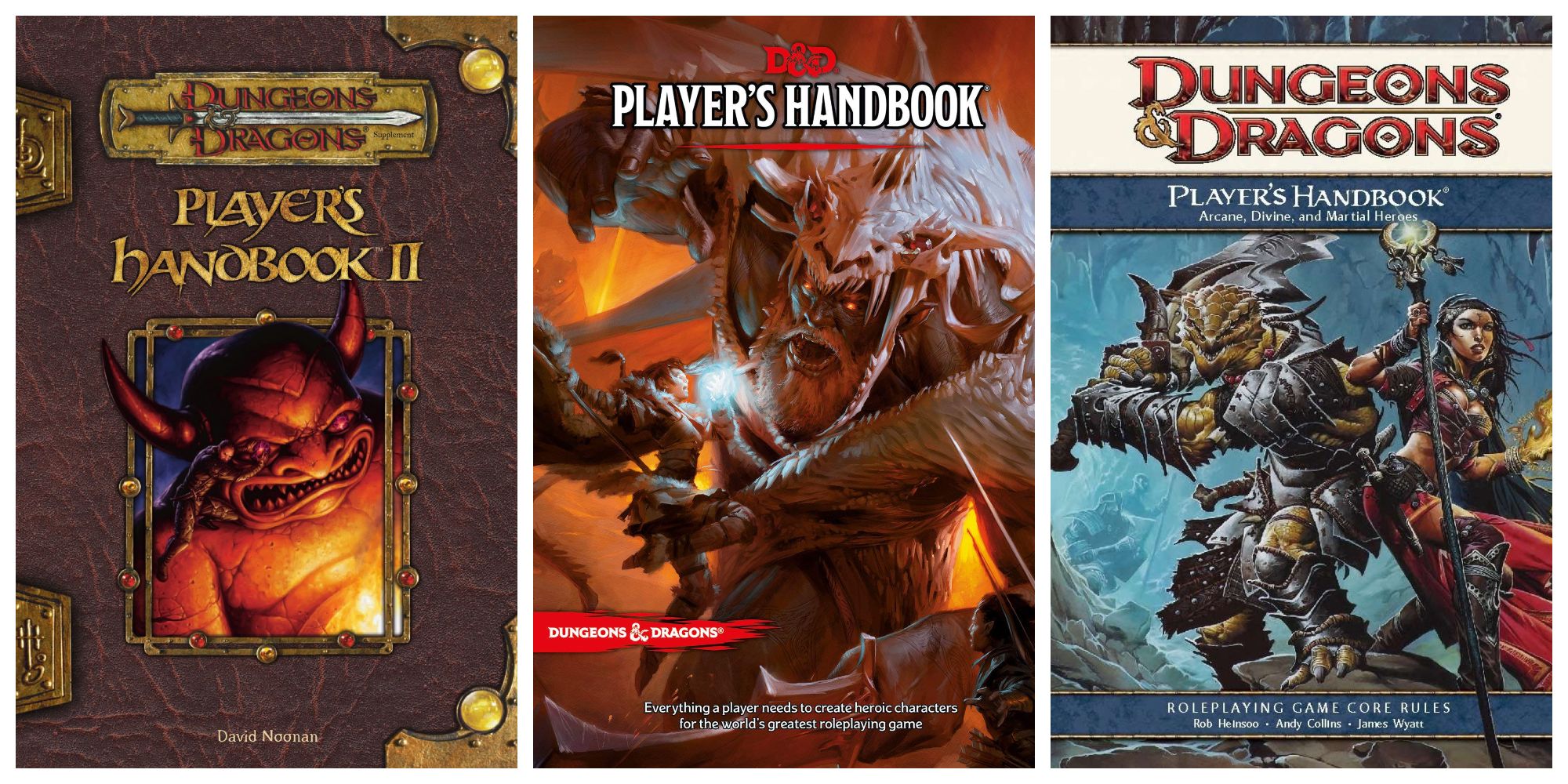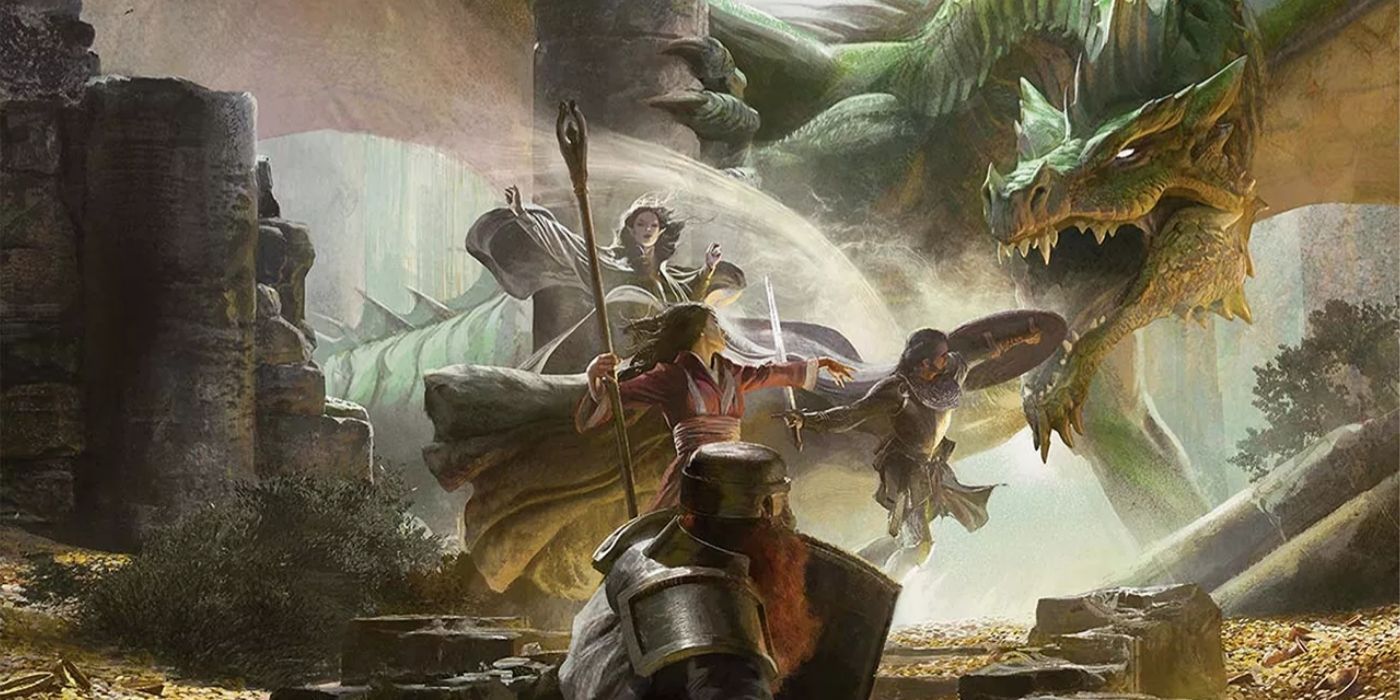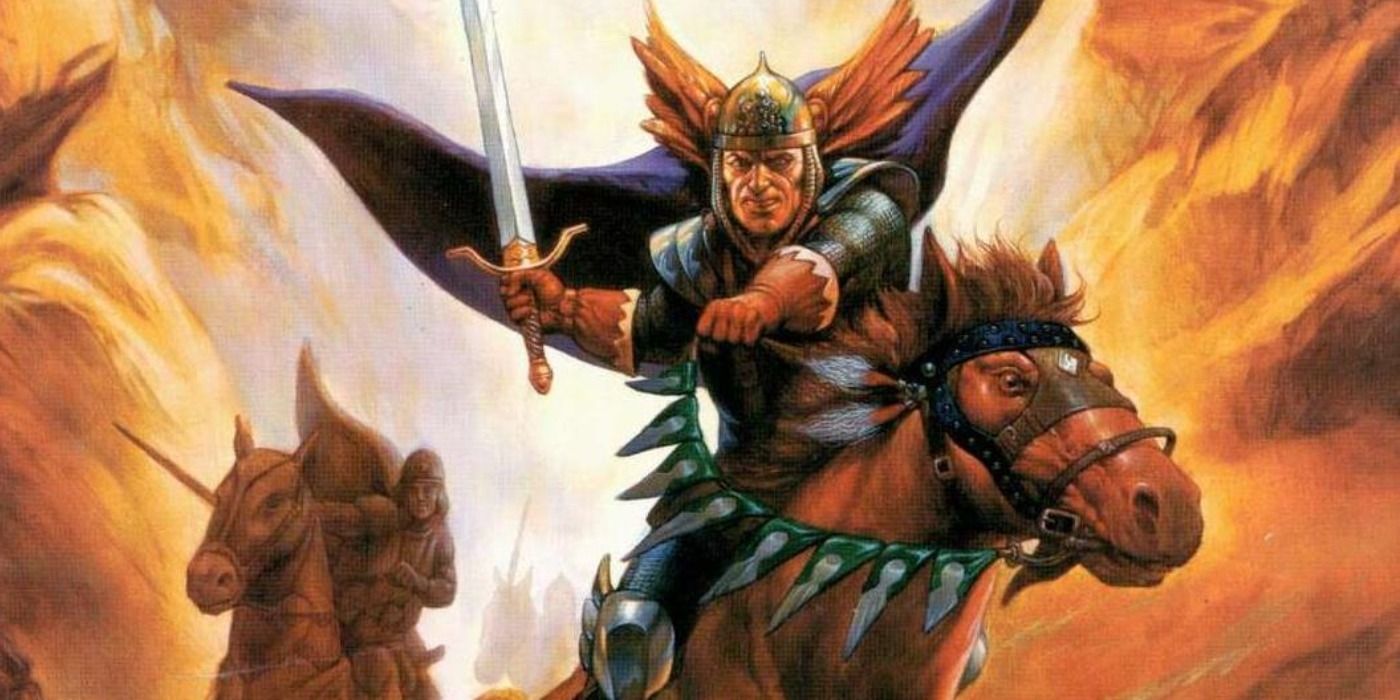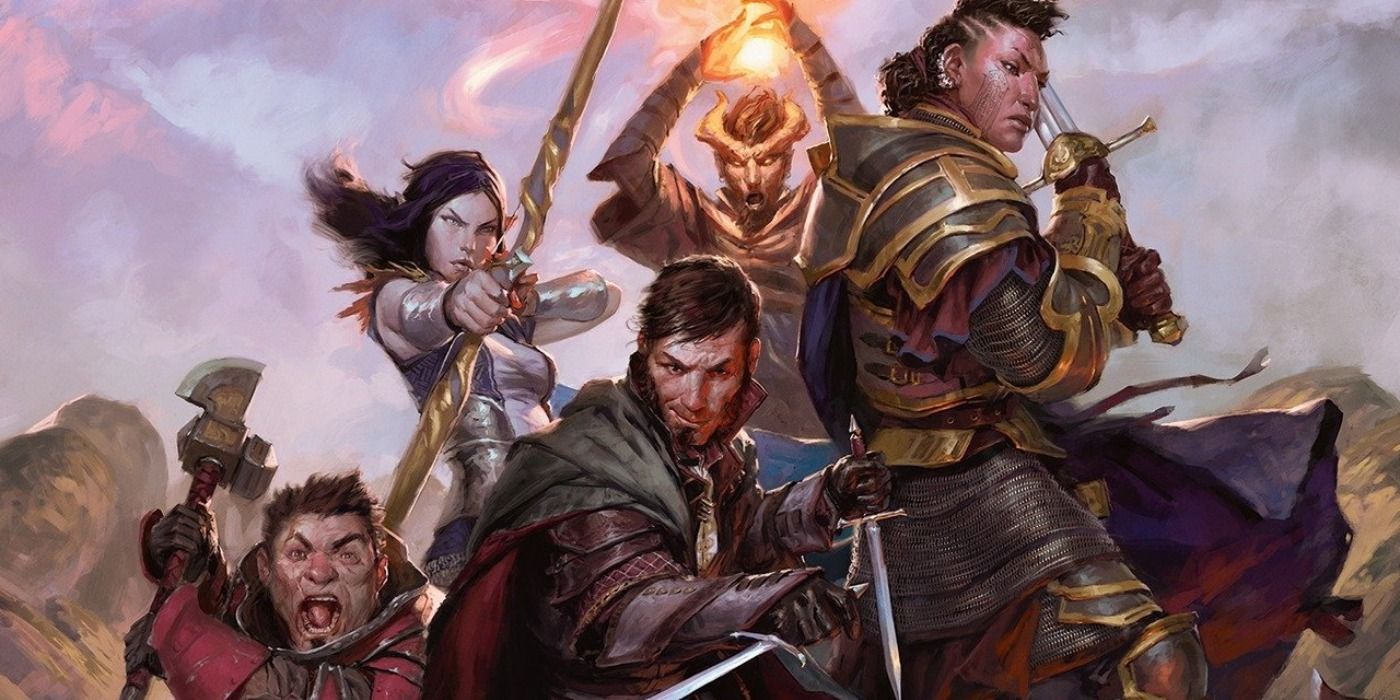
Dungeons & Dragons Fifth Edition is an expansive game with quite a lot of rules, but there are many players who maintain a fondness for Fourth Edition and D&D 3.5. Dungeon Masters (DMs), even if they manage to figure out which of D&D's rules they should only use once, might find their combat encounters growing stale. When this happens, it may be beneficial to return to previous editions of D&D to find new ideas.
D&D is a tabletop roleplaying game where players and a DM work together to create exciting narrative adventures. There are a lot of resources out there for players looking for any type of game, from the detail oriented likes of D&D 3.5 to low-crunch Mecha Tabletop Games. Whatever players are into, there's no denying that D&D 5e is one of the biggest games out there and one of the most playable. It makes sense to tweak it as needed.
If players and DMs are looking to add some different flavor to their games of D&D 5e, it might be worth looking at bringing some classic rules from D&D 3.5 and 4th Edition back onto the table. The rules below are easy to implement and shouldn't disturb players trying to make crazy characters like an overpowered fighter in D&D 5e. As long as everyone is onboard with reviving some classic rules, the whole campaign might be better off for it.

In D&D 5e there isn't really any explicit rule preventing characters from firing ranged weapons into melee combat. It would make sense that firing an arrow into the swirling figures of an ally and the goblin she's fencing with might be dangerous, but there isn't any reason to hold back according to the rules - all firing into melee might do is add cover to the target. For an added realism to the danger of firing ranged weapons into fights, consider bringing back this D&D 3.5 rule. If firing into melee, the attack role takes a penalty (in 5e this could be Disadvantage). If the attack misses by more than 4 points, roll randomly for another target within five feet. If this second attack misses, the shot has gone wide. Players will not have to take care not to shoot their friends, unless they're packing D&D's magic healing shurikens.

In D&D 4th Edition combat was the name of the game. The combat system included a rule called Bloodied, which gave players a tell for when they had taken an enemy down to half hit points. While this was handy to convey information to the players without spoiling exactly how much HP a bad guy had, it also combined with other rules to make for interesting combat encounters. For example, if a player was bloodied and was attacked by a Gnoll Marauder, the Gnoll would get an additional bite attack. This blended lore and mechanics in interesting ways and might help with creating entertaining combat encounters, one of the DMs greatest problem to overcome in D&D.

Sometimes players and DMs want to include a pile of bad guys to complement a boss fight. In D&D 5e there's nothing really special to do. Including low level monsters might not feel right, and including too many current level monsters can be burdensome. Minions in D&D 4e were monsters that got to operate exactly as normal monsters, but only had 1 HP. This meant they were vulnerable to Area of Effect attacks, and made for a bookkeeping-free mob experience. Bringing this back might make for some more dynamic combat encounters, just as long as players don't use this as an excuse to go Murder Hobo over minion-stated villagers.
Regardless of how players and DMs want to play Dungeons & Dragons, there are no shortage of fun rules and mechanical tweaks that can be introduced to the game. D&D 3.5 and D&D 4e might be out to pasture, but both games have enough dedicated fans to keep them alive, and each game offers a lot of fun mechanics that might just liven up an ongoing game of D&D 5e. Just be sure that everyone is onboard with potential changes and that everyone does their best to be a good Dungeons & Dragons party member.
https://ift.tt/3c8LbIe
January 27, 2021 at 04:46AM





